Building a Resilient Indie Game Studio: Long-Term Strategies for Sustainable Development
Building an indie game studio that lasts requires more than just making great games; it demands a strategic approach to sustainability. Many studios burn out or fade away due to a lack of long-term planning and robust operational practices. This article outlines essential strategies for fostering resilience and ensuring your studio’s longevity.
Embrace Lean Development Practices
Lean development is crucial for indie studios operating with limited resources. It emphasizes efficiency, minimizing waste, and focusing on core value. Prioritize essential features and iterate quickly based on player feedback, rather than over-scoping projects from the outset.
Start with a minimum viable product (MVP) to validate your core game loop and mechanics. This approach reduces development time and financial risk, allowing for early market testing and course correction. Incremental updates and expansions can follow a successful launch.
Avoid feature creep by maintaining a strict scope and regularly evaluating additions against your game’s core vision. Every feature added without clear justification drains resources and extends development timelines unnecessarily.
Proactive Burnout Prevention
Burnout is a pervasive threat in indie game development, often leading to project abandonment and studio collapse. Implementing preventative measures is not a luxury, but a necessity for long-term health. Establish realistic work hours and encourage regular breaks to maintain mental and physical well-being.
Delegate tasks effectively and build a supportive team culture where asking for help is encouraged. Overworking yourself or your team leads to decreased productivity and increased errors. Maintain a healthy work-life balance to sustain creative energy and motivation.
Utilize tools like Momentum to organize tasks and track progress, ensuring consistent momentum without overwhelming yourself. A structured workflow can prevent the feeling of being constantly behind, a common trigger for burnout.
Smart Scaling and Team Management
Scaling your studio must be a deliberate and strategic process, not a reactive one. Resist the urge to expand too quickly after an initial success; ensure your infrastructure and processes can support growth. Hire for specific needs and cultural fit, recognizing that a small, cohesive team often outperforms a larger, disorganized one.
Invest in clear communication channels and project management methodologies from the start. As your team grows, the complexity of coordination increases significantly. Defined roles and responsibilities prevent overlap and confusion.
Consider outsourcing specific tasks like art or audio to specialists when it’s more cost-effective than hiring full-time staff. This allows your core team to focus on critical development areas while maintaining flexibility.
Robust Financial Planning and Diversification
Financial instability is a leading cause of indie studio failure. Develop a detailed financial plan that includes realistic revenue projections, expense tracking, and contingency funds. Understand that game development can have unpredictable revenue streams.
Diversify your revenue streams beyond single game sales. Explore options like DLC, merchandise, porting to other platforms, or even offering development services. This reduces reliance on a single product’s performance.
Forecasting tools, such as Wayline’s Forecast, can help estimate potential revenue, taxes, and profits, providing a clearer financial picture. Accurate financial planning is fundamental to making informed business decisions.
Create a free account, or log in.
Gain access to free articles, game development tools, and game assets.


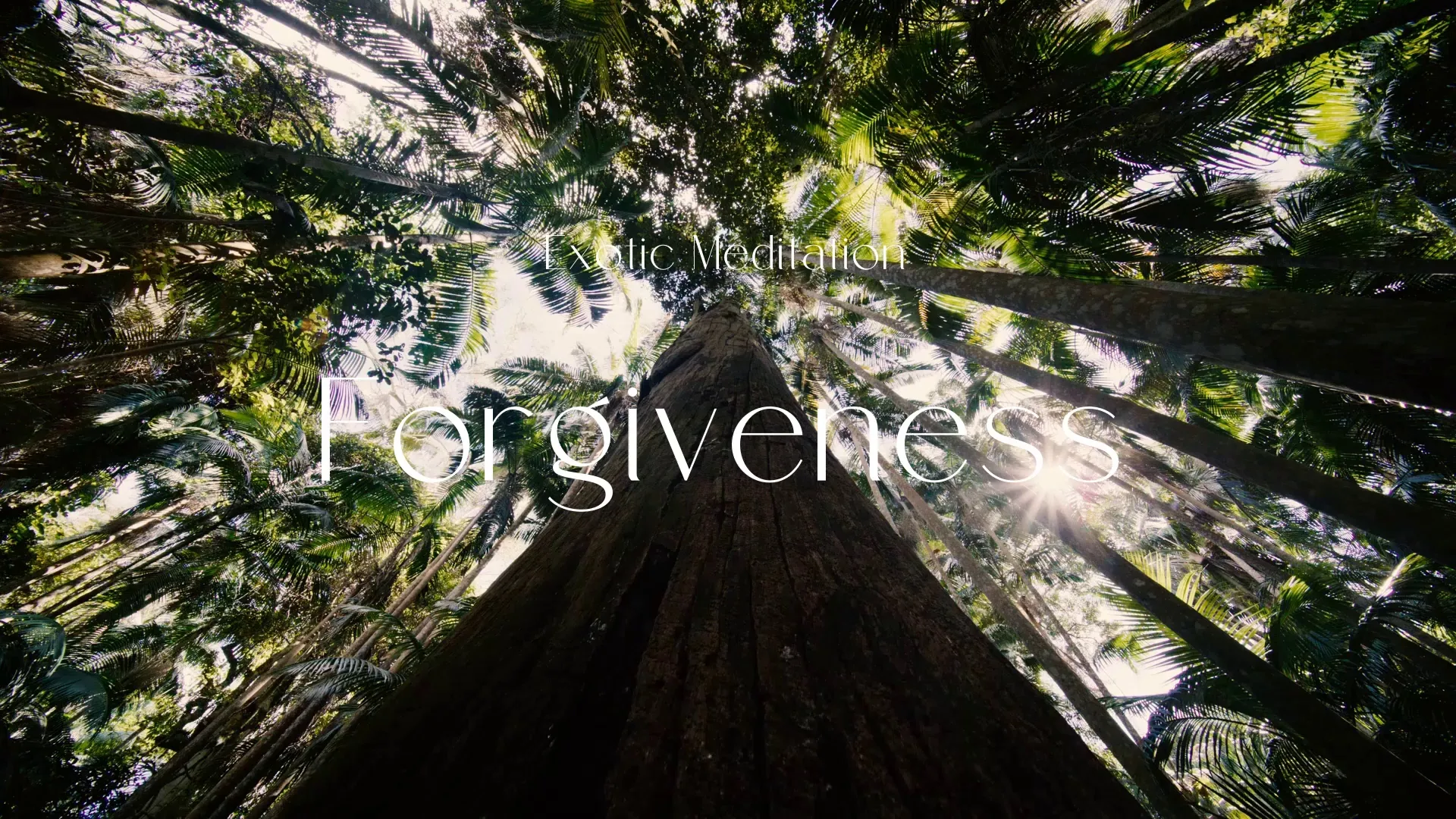




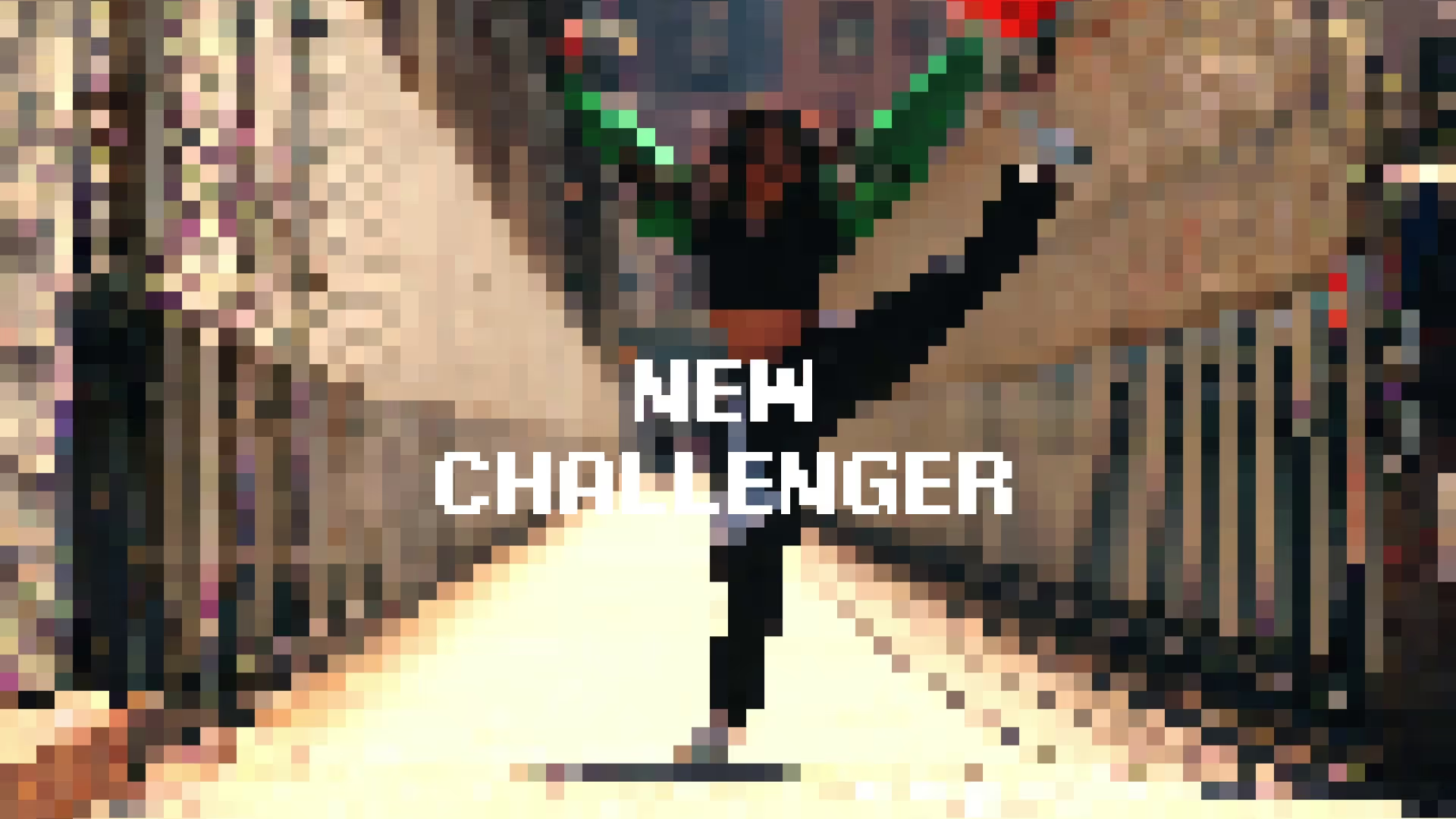


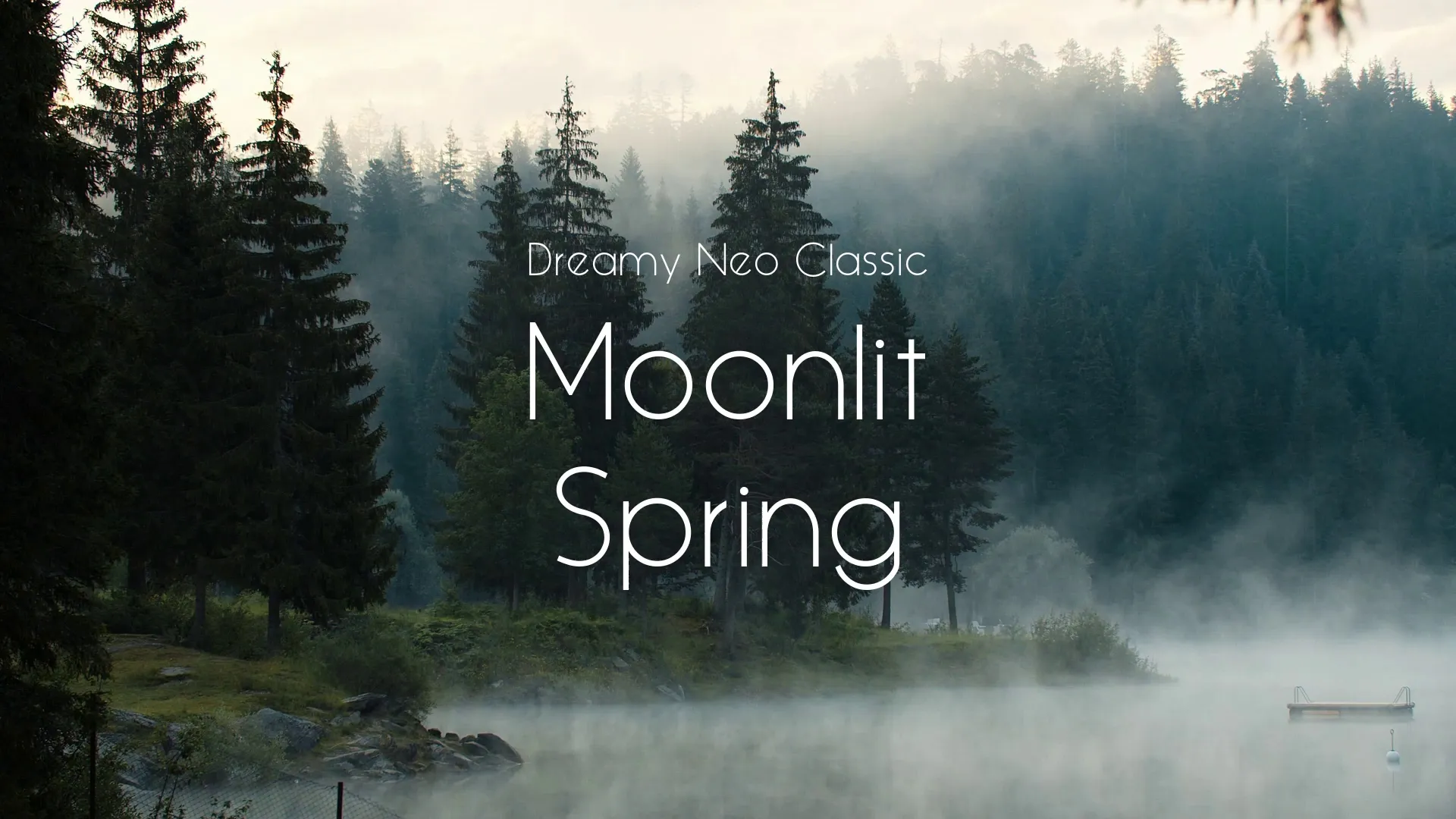
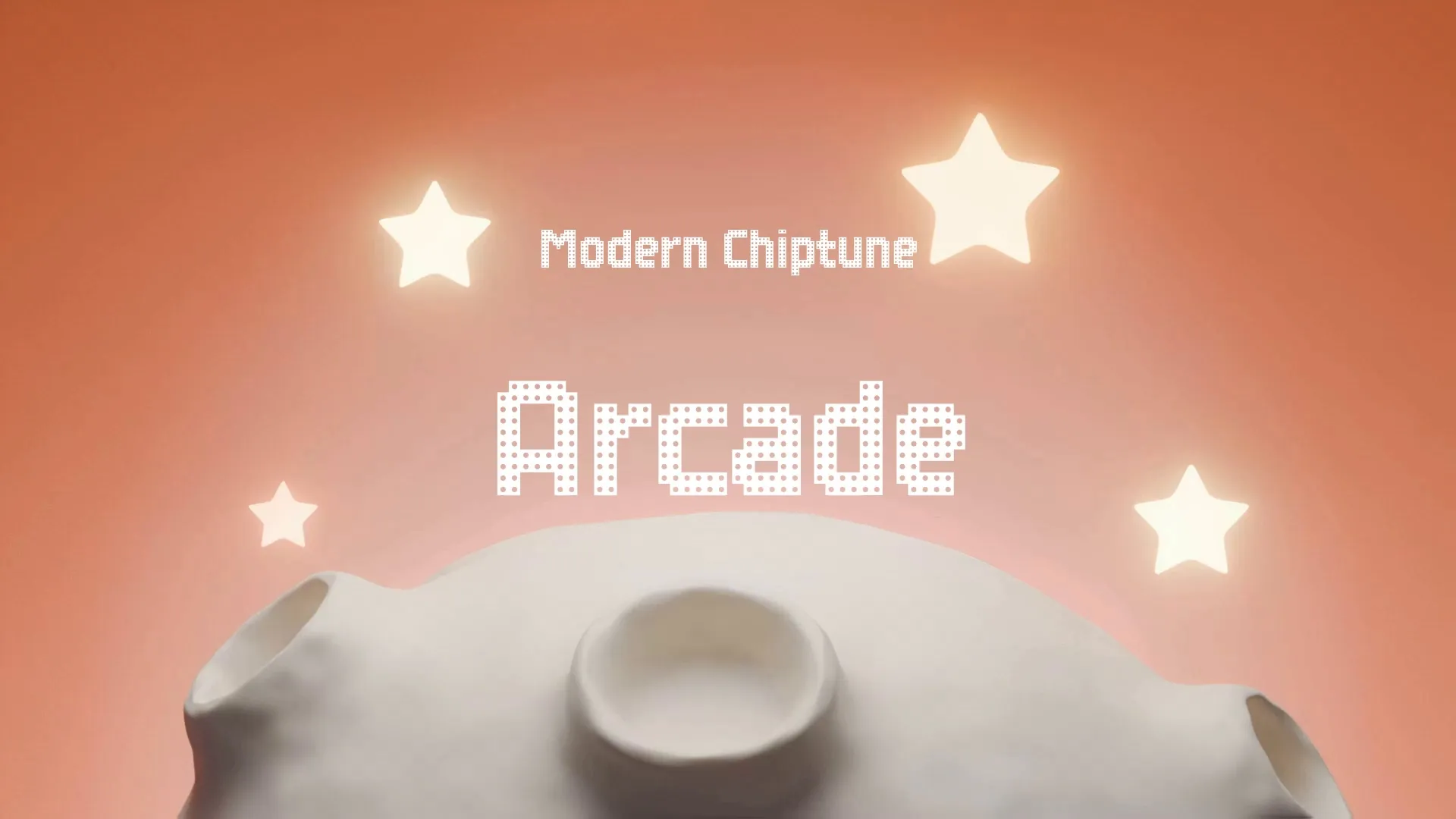


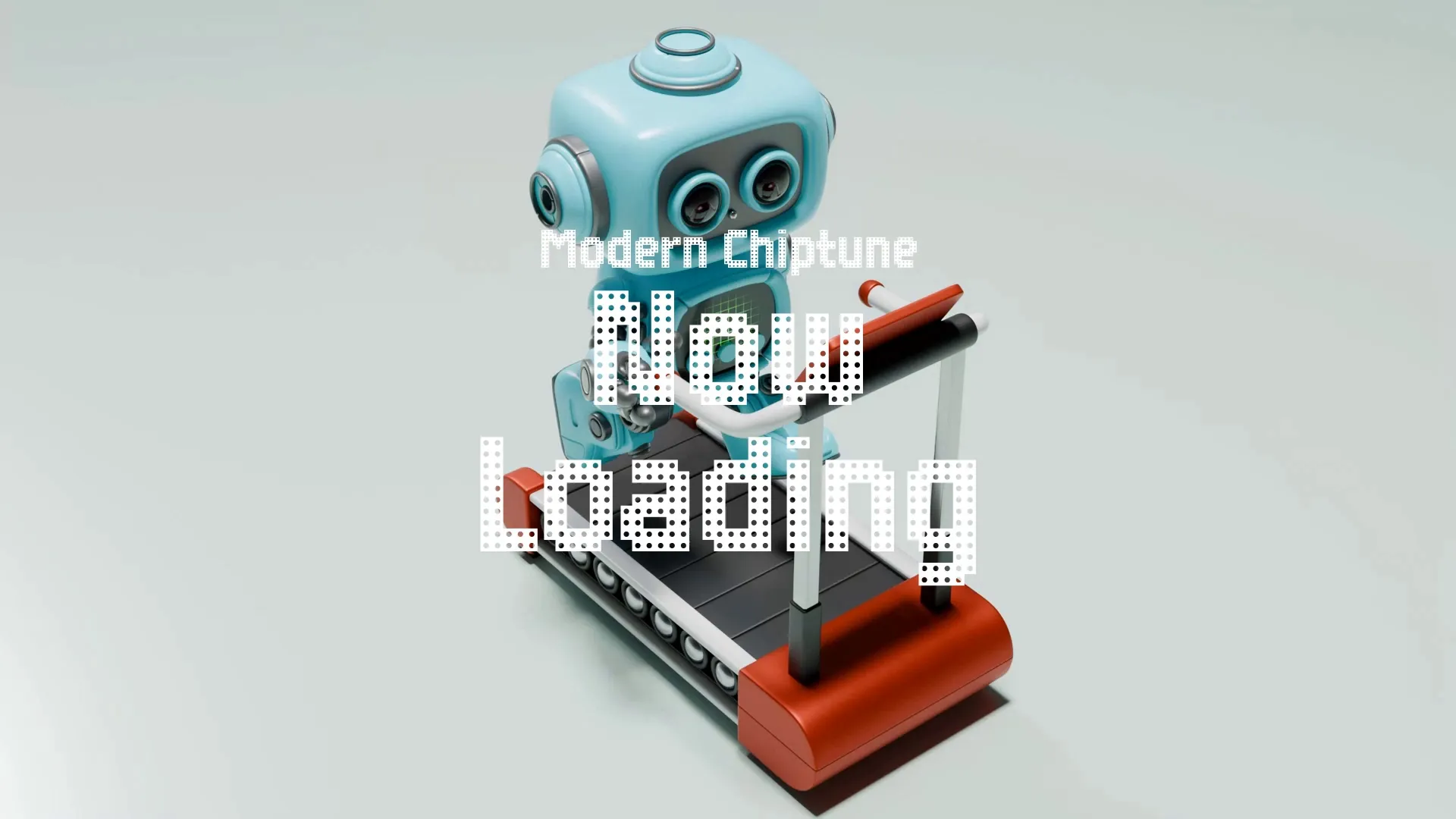

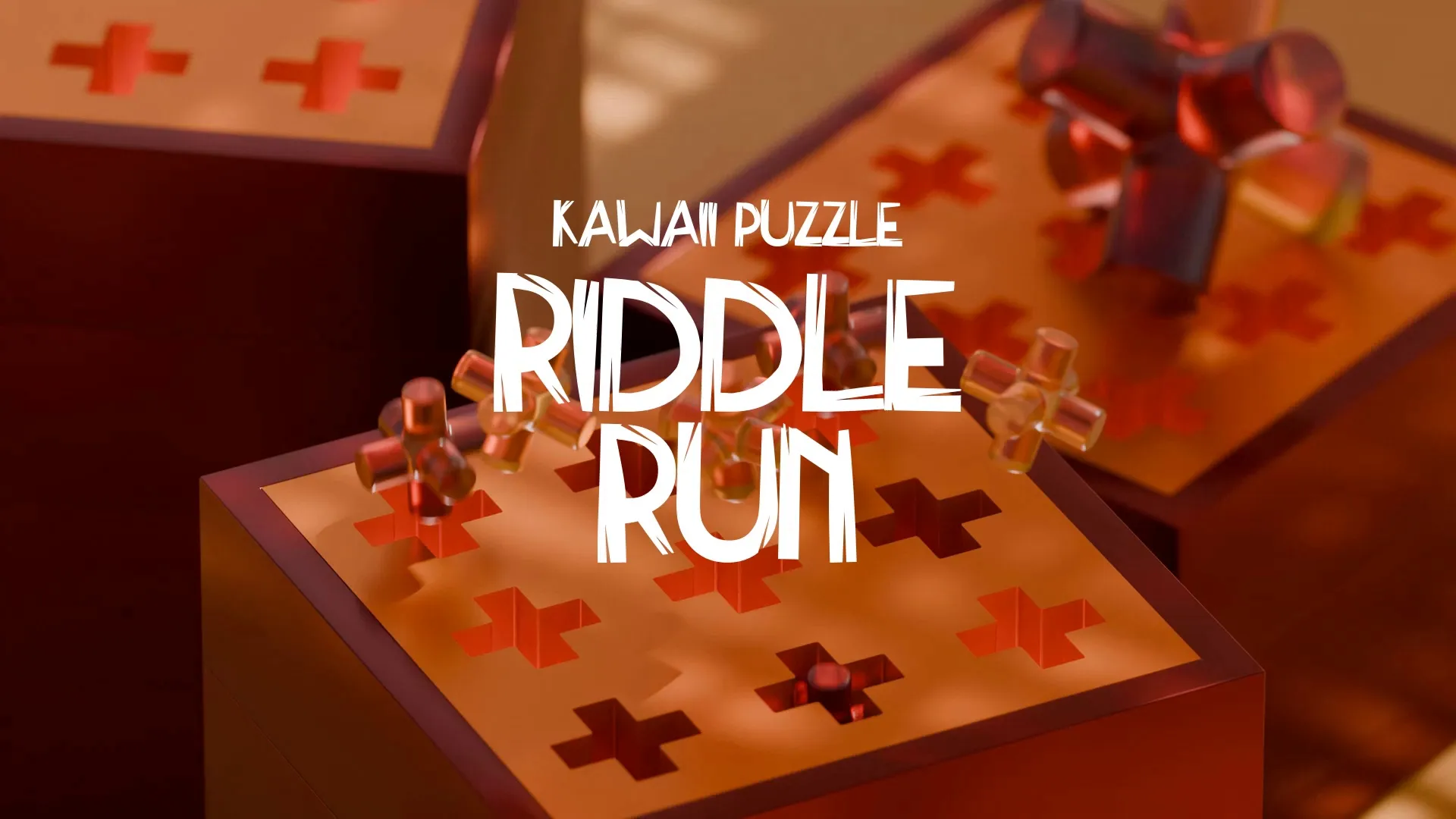



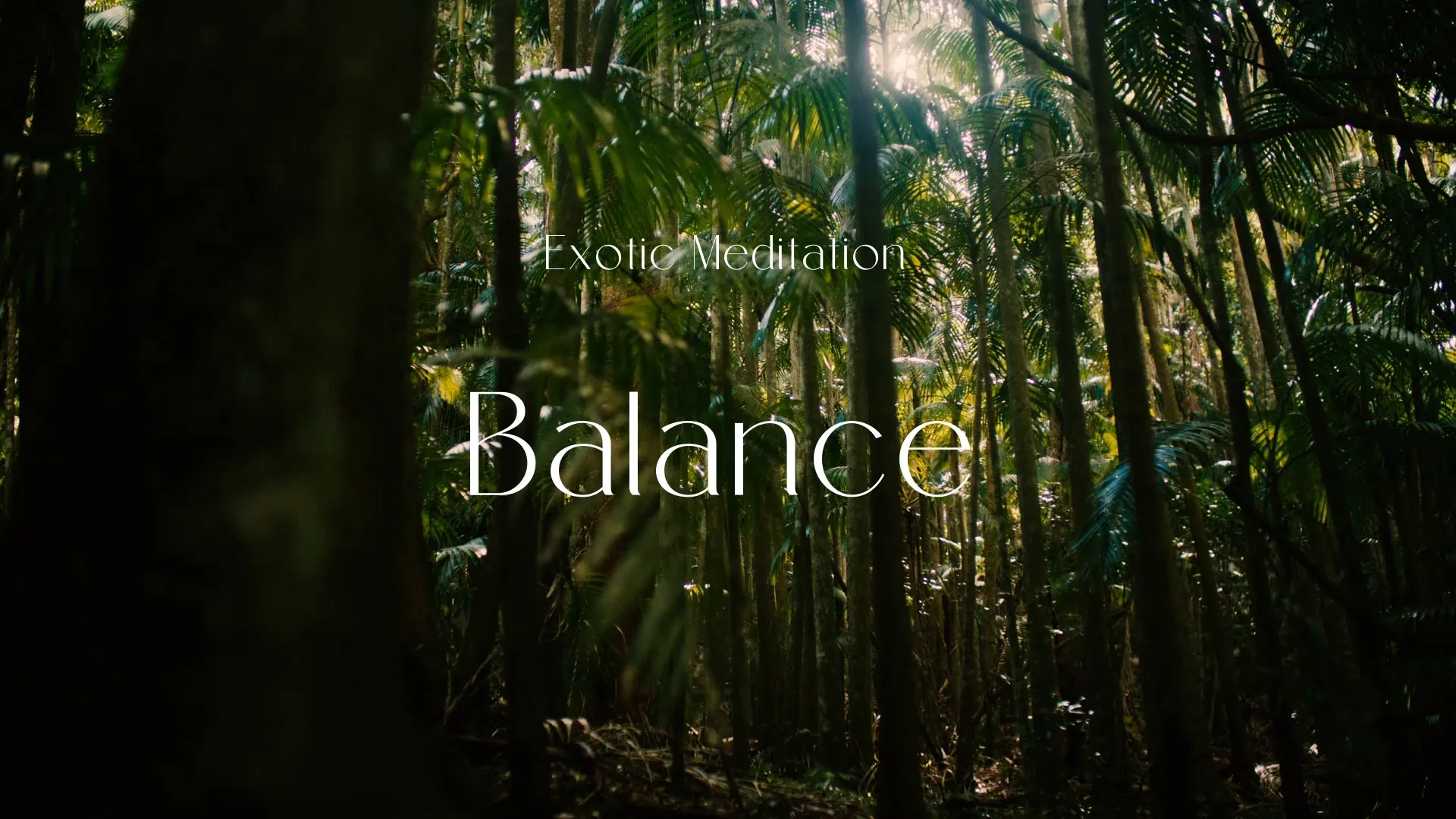

.webp)
